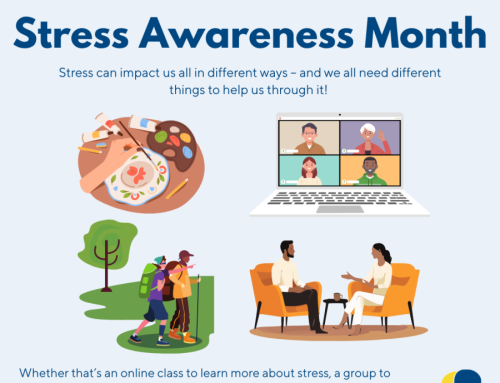On International Day Against Homophobia, Biphobia and Transphobia, we look at the chequered history of the ongoing quest for equal rights and legal recognition.
1533 – During the reign of Henry VIII, all sexual intercourse between two men was made illegal, punishable by death. Between 1533 and 1558 the law was repealed and then reinstated twice.
1785 – Jeremy Bentham published an essay arguing for the decriminalisation of sex between men.
1812 – Trans man James Miranda Barry graduated as a doctor and served as an army surgeon overseas. It was only after his death that it was realised that he was “female bodied”.
1861 – Death penalty for sex between men abolished.
1897 – Havelock Ellis argues that homosexuality is not a disease and should be accepted, rather than treated.
1963 – The Minorities Research Group became the UK’s first lesbian social and political organisation.
1965 – A UK opinion poll finds that 93% of respondents see homosexuality as a form of illness requiring medical treatment.
1967 – The Sexual Offences Act decriminalises “homosexual acts in private between two men over 21 years of age” in England and Wales
1970 – New York City hosts the world’s’ first gay pride march.
1971 – The Nullity of Marriage Act was passed, explicitly banning same-sex marriages in England and Wales.
1972 – The First British Gay Pride Rally was held in London and Gay News, Britain’s first gay newspaper, was founded.
1980 – The Criminal Justice (Scotland) Act 1980 decriminalized homosexual acts between two men over 21 years of age “in private” in Scotland.
1981 – The European Court of Human Rights struck down Northern Ireland’s criminalisation of homosexual acts between consenting adults.
1988 – Clause 28 of the local government bill, stated that a local authority “shall not intentionally promote homosexuality or publish material with the intention of promoting homosexuality” or “promote the teaching in any maintained school of the acceptability of homosexuality as a pretended family relationship”.
1989 – Campaign group Stonewall is set up.
1990 – The World Health Organisation removes homosexuality from its list of “mental disorders”
1990 – Lesbian and gay police officers established the Lesbian and Gay Police Association
1994 – Age of consent for gay men lowered from 21 to 18.
1995 – The Rosa Winkel Mahnmal memorial for gay holocaust victims is unveiled in Cologne, Germany
2001 – The Netherlands becomes the first country in the world to allow same sex marriage.
2001 – The age of consent for gay men in England and Wales is reduced to 16 – the same as for straight people.
2002 – Same sex couples granted equal right to adopt.
2004 – Gender recognition act passed. The Act gives transsexual people legal recognition as members of the sex appropriate to their gender (male or female), allowing them to acquire a new birth certificate, affording them full recognition of their acquired sex in law.
2007 – The Equality Act makes it illegal to discriminate against lesbians or gay men in the provision of goods or services.
2014 – MPs vote in favour of changing the law on same sex marriage.
A more detailed timeline of LGBT history can be found on Wikipedia.





